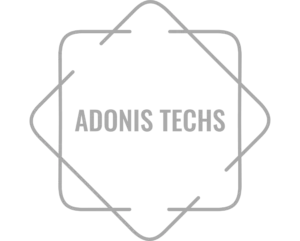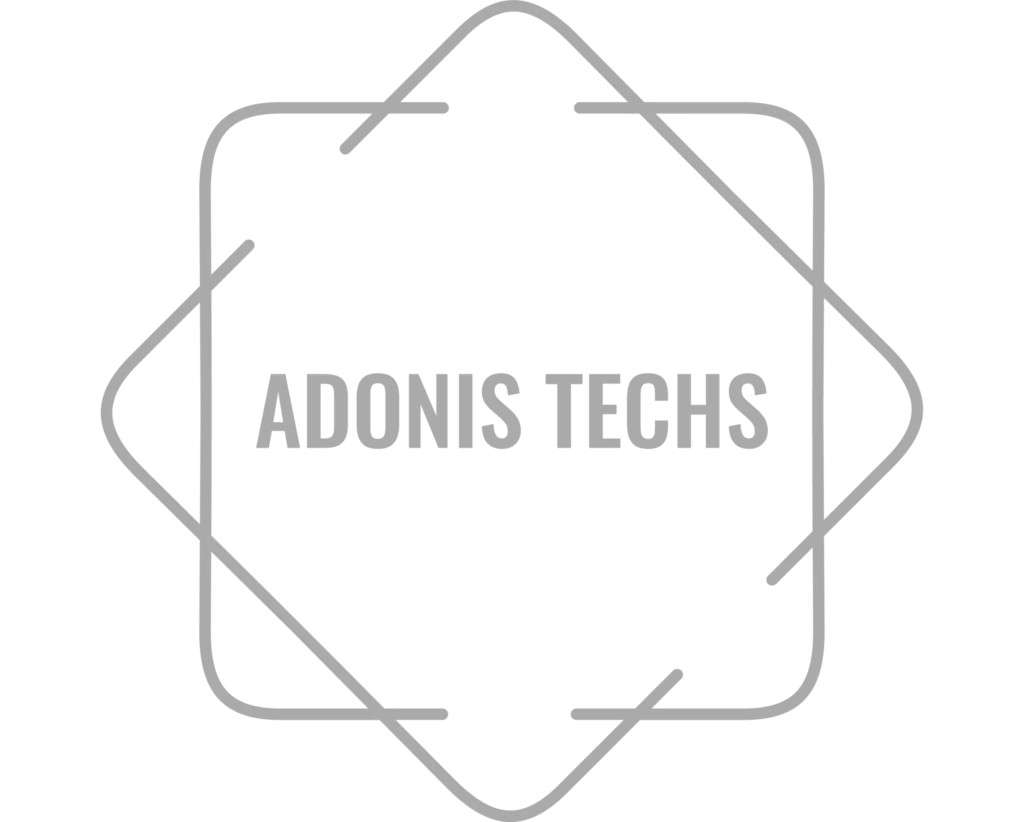Accurate property valuation is the backbone of every real estate transaction. For startups entering this space, a home valuation app is a powerful tool to attract users, generate leads, and build credibility.
Whether your startup focuses on buying, selling, or investment insights, providing reliable property value estimates enhances trust and differentiates your platform from generic listing portals.
Why Startups Need a Home Valuation App
Traditional property valuation is often time-consuming, opaque, and error-prone. A home valuation app streamlines the process:
- Instant estimates based on market data
- Comparative analysis of similar properties
- Visual insights like price trends and neighborhood analytics
For startups, this functionality acts as a lead magnet users provide contact info to access detailed reports, which you can convert into clients.
Key Features of a Home Valuation App
1. Property Input Forms
Allow users to input key data: location, area, property type, number of rooms, and amenities.
2. Automated Valuation Models (AVM)
Use algorithms to estimate property values based on historical data, neighborhood trends, and market rates.
3. Comparative Market Analysis
Provide comparisons with similar properties recently sold or listed nearby.
4. Interactive Dashboards
Users and agents can see visual graphs of price trends, market appreciation, and predicted future value.
5. Lead Capture & CRM Integration
Collect user data to nurture leads via follow-ups or targeted campaigns.
6. Push Notifications & Alerts
Notify users about property price changes, market trends, or new listings.
7. Security & Data Privacy
Ensure compliance with data protection laws and secure sensitive user information.
Technology Stack for Home Valuation Apps
Building an accurate, responsive app requires a solid tech foundation:
- Frontend: React Native or Flutter for cross-platform apps
- Backend: Node.js or Laravel to handle data processing and API calls
- Database: PostgreSQL or MySQL for structured property and user data
- APIs: Google Maps, property data providers, or MLS integrations
- Cloud Hosting: AWS or Google Cloud for scalability and performance
Using custom portal development, startups can ensure the app grows with their business, adding new features like agent dashboards or property investment tools.
Integrating with Real Estate Websites
Home valuation apps work best when connected to your real estate website. Leads from the website can flow into the app, providing users with seamless access to tools and property listings.
For example, developers often follow strategies outlined in Real Estate Website Development by Adonistechs to ensure smooth integration between web and mobile platforms.
A broader understanding of scalable systems can be found in their Website Development guide.
Cost of Developing a Home Valuation App
Development costs vary depending on app complexity:
- Basic Valuation App: $5,000 – $8,000
- Mid-Level App with Dashboard & Analytics: $9,000 – $15,000
- Enterprise-Level App with Multi-Agent Support & CRM: $15,000+
Additional costs include API subscriptions, maintenance, and data updates. For startups, focusing on MVP features first helps reduce initial investment while validating market demand.
Marketing & User Adoption
Once developed, adoption is key. Use digital marketing, SEO, and social media to target potential buyers, investors, and agents. Embedding your valuation tool on the website as a free lead magnet can increase sign-ups significantly.
Real estate startups can also integrate this app into email campaigns and paid ads, highlighting instant property insights to attract serious leads.
Final Thoughts
A home valuation app is more than a tech product it’s a credibility tool. For startups, it demonstrates expertise, provides value upfront, and turns casual users into qualified leads.
In a competitive market, delivering instant, accurate property insights can be the differentiator between a lead lost and a deal closed.


